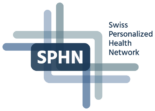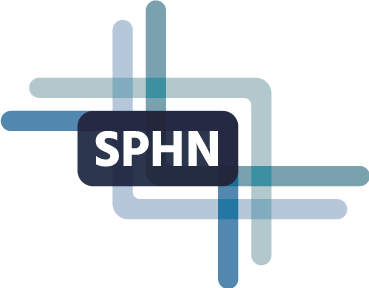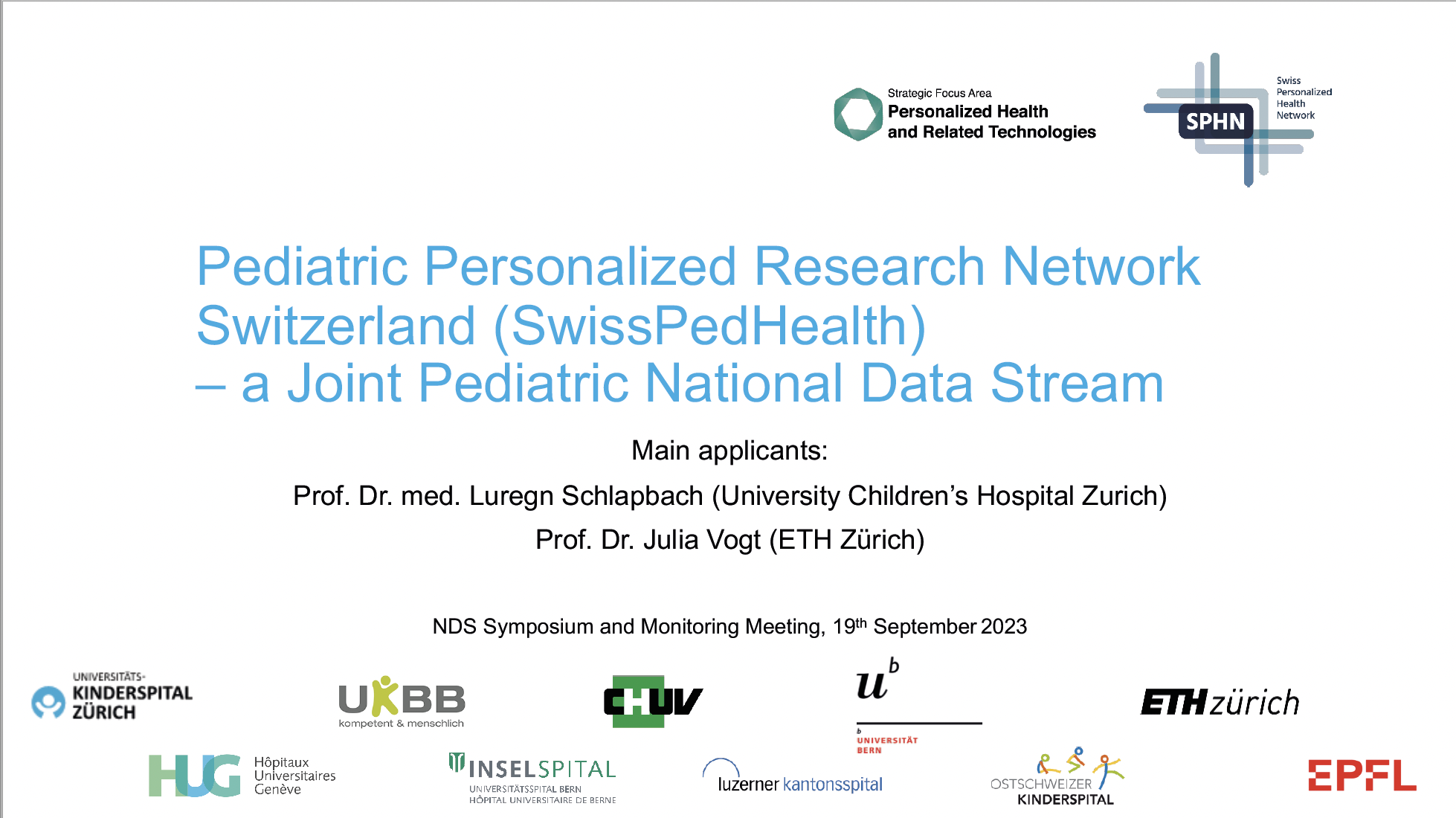Pediatric personalized research network Switzerland (SwissPedHealth) – a Joint Pediatric National Data Stream
Main PIs: Prof. Luregn Schlapbach (University of Zurich Children's Hospital), Prof. Julia Vogt (ETHZ)
Project consortium: Prof. Claudia Kuehni (UniBE), Dr. Julia Bielicki (University of Basel Children's Hospital), Prof. Klara Posfay-Barbe (HUG), Prof. Matthias Baumgartner (University of Zurich Children's Hospital), Prof. Phillip Latzin (University of Bern Children’s Hospital), Prof. Eric Giannoni (CHUV), Prof. Jacques Fellay (EPFL), Prof. Karsten Borgwardt (ETHZ), Prof. Effy Vayena (ETHZ), Dr. Kelly Ormond (ETHZ), Prof. Martin Stocker (LUKS), Prof. Roger Lauener (Children's Hospital St. Gallen), Prof. Sven Schulzke (University of Basel Children's Hospital), Prof. Sean Froese (University of Zurich Children's Hospital), Dr. Sandra Goetze (ETHZ), Dr. Patrick Pedrioli (ETHZ), Prof. Jana Pachlopnik Schmid (University of Zurich Children's Hospital), Prof. Nicola Zamboni (ETHZ), Prof. Anita Rauch (UZH), Prof. Ben Spycher (UniBE), Prof. Christopher Forrest (Children's Hospital of Philadelphia, USA)
Project manager: Dr. Rebeca Mozún Torrico (University of Zurich Children's Hospital)
Data managers: Xeni Deligianni and Nicole Goebel (University of Basel)
Executive Summary
Goal of the NDS
SwissPedHealth proposes to set up a joint pediatric NDS to make routine clinical data from pediatric hospitals in Switzerland interoperable, standardized, quality-controlled, and ready for research and trials, health-policy creation, and clinical audits.
SwissPedHealth will implement a harmonized, FAIRified, modular, and scalable data stream across a network of university hospitals, non-academic clinics, research institutions, biobanks and registries in Switzerland. It will enable links with government departments.
It builds on SwissPedData, a national pediatric core dataset defined through a Swiss Personalized Health Network (SPHN) infrastructure development project. SwissPedData is based on routine data that is regularly collected during clinical encounters. This pediatric core dataset has the potential for enrichment with patient-reported outcomes, population-based and administrative data, specialized disease registries, and high-density data from advanced clinical diagnostics and research projects such as omics technologies. By developing reusable and expandable informatics, logistical, governance, regulatory, and training resources in close collaboration with the clinical data warehouses (CDWs), Biomedical Information Technology (BioMedIT), and other SPHN funded projects, SwissPedHealth will make data from routine care available for analysis. This will enable investigation of research questions, benchmarking, and improvement of quality of care, thereby implementing the infrastructure for a learning national pediatric health system.
The potential of this NDS will be showcased through a first-of-its-kind multi-omics lighthouse project on rare diseases, and nested projects using electronic health care record (EHR)-derived data on common health problems which demonstrate how SwissPedHealth will contribute to 1) highly innovative personalized care, 2) readiness for clinical trials, 3) evidence-based policy making, and 4) benchmarking and quality improvement.
Click here to read the full executive summary.
Lay summary
Click here to download the lay summary for SwissPedHealth.
Media coverage on SwissPedHealth
I. Böhm (25 October 2023). Un écosystème de données au service de la médecine personnalisée. Bulletin des médecins suisse 2023;104(43):18–21 (in French).
I. Böhm (25 October 2023). Ein Ökosystem für die personalisierte Medizin. Schweizerische Ärztezeitung 2023;104(43):18–21 (in German).
Disclaimer: The contents on this website are intended as a general source of information and have been provided by the project PIs. The SPHN Management Office is not responsible for its accuracy, validity, or completeness.


